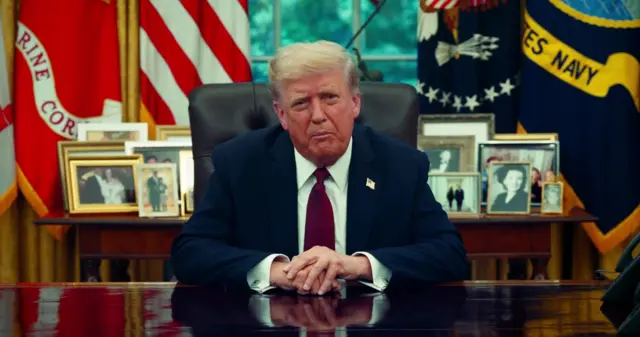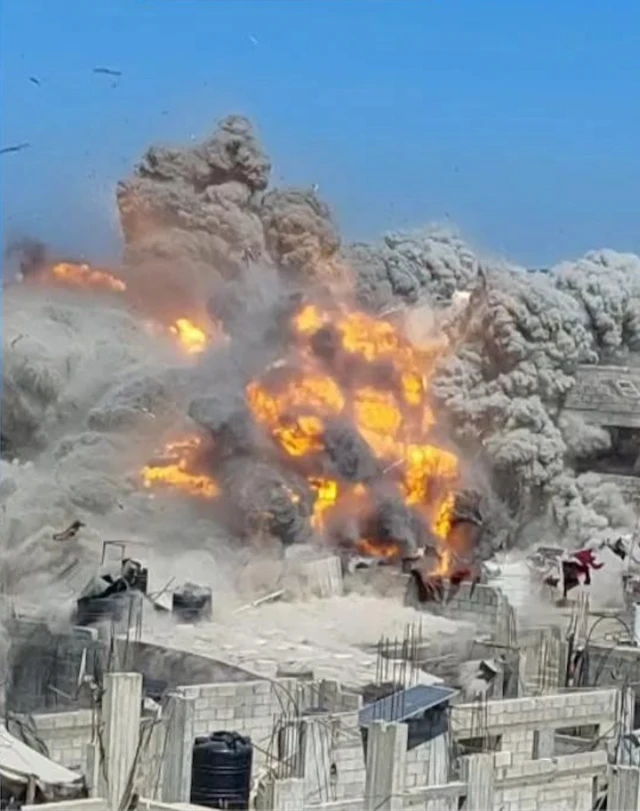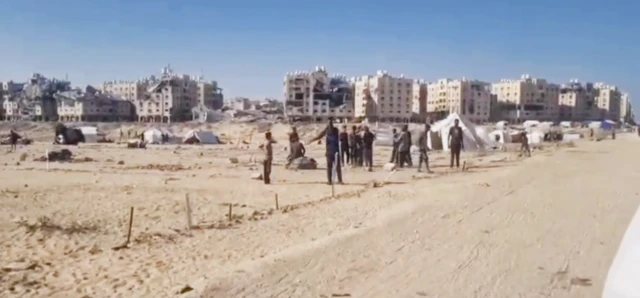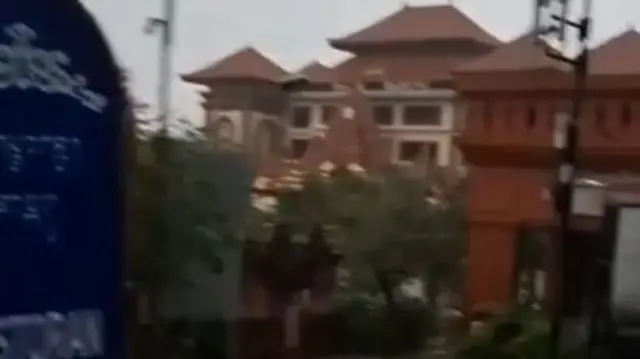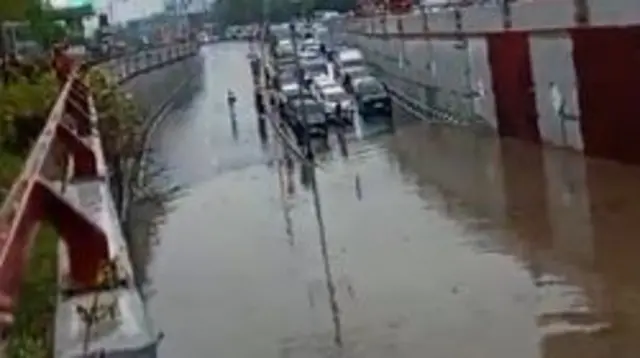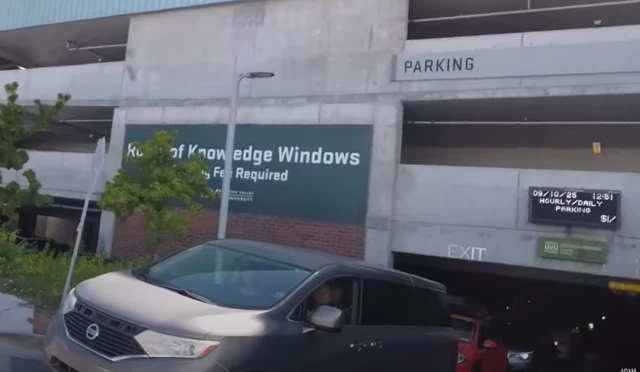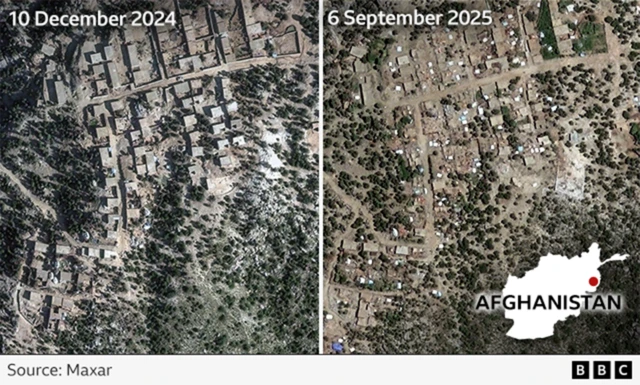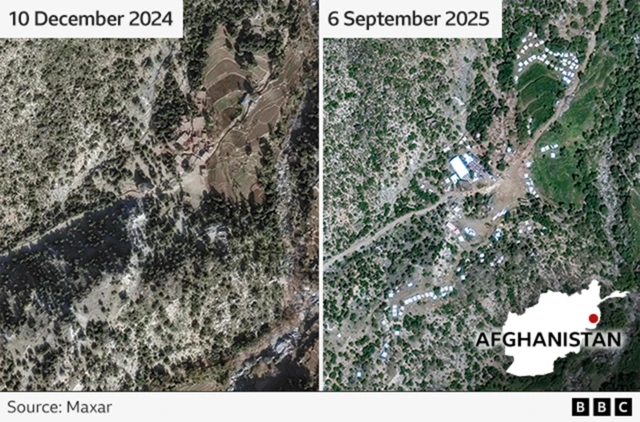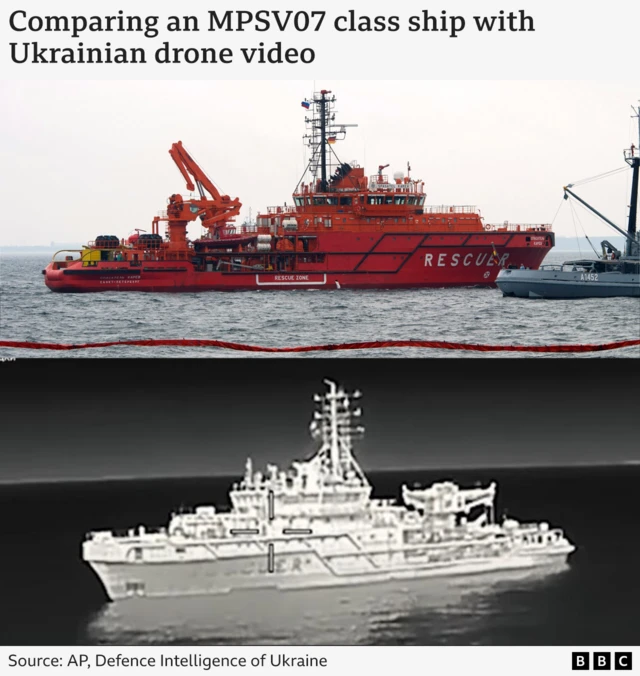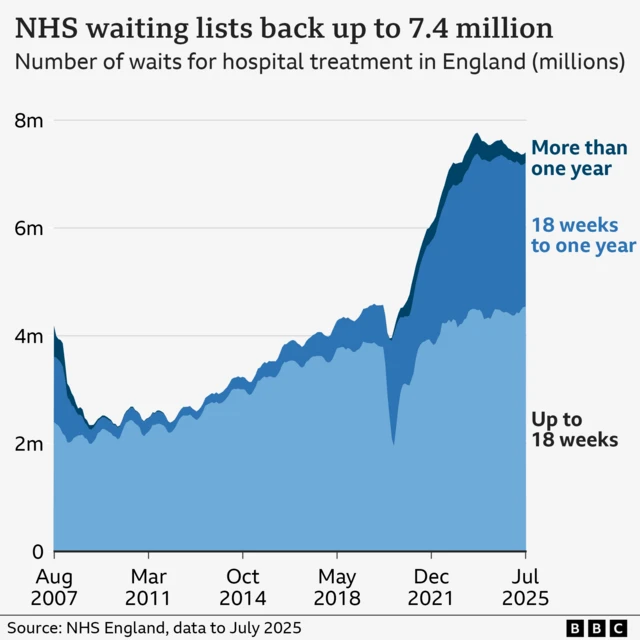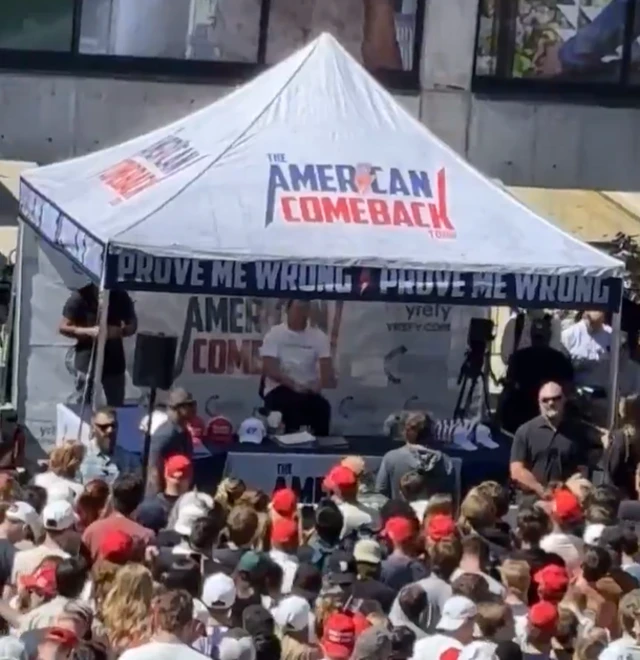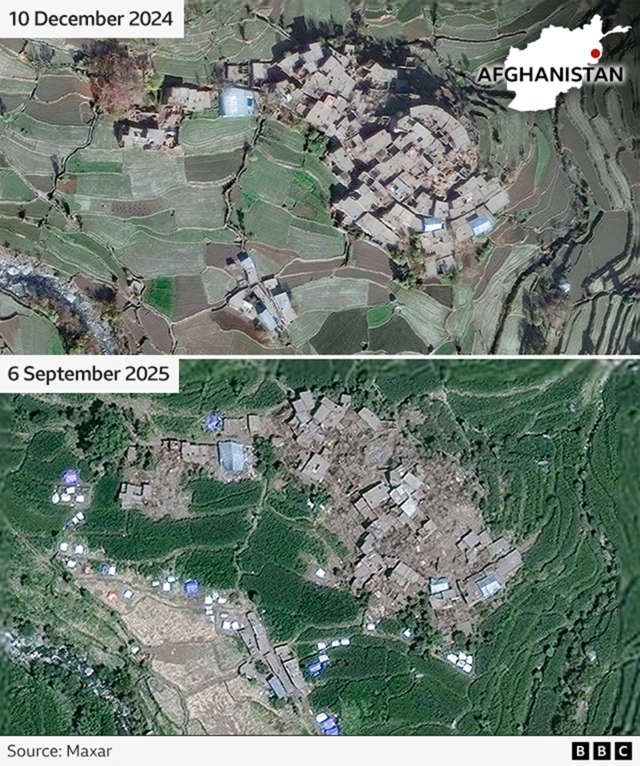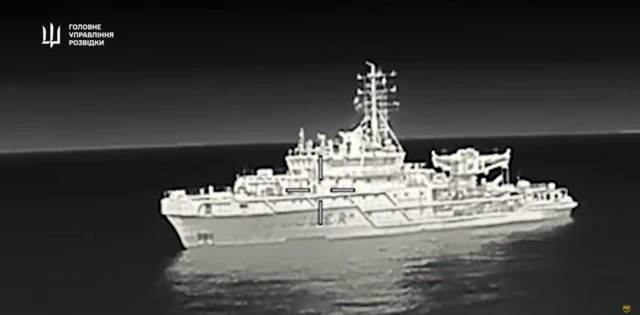Where to find more of our Kirk shooting coveragepublished at 17:31 BST 11 September
 Thomas Copeland
Thomas Copeland
BBC Verify Live journalist
We’ll be closing this page soon, but you’ll find more of BBC Verify’s analysis of the killing of Charlie Kirk from our teams in London and Washington DC through this evening on the BBC’s main live page.
Click back on this page to read about the work we have already completed today:
- How BBC Verify authenticated the first footage of Charlie Kirk’s shooting
- The misinformation that was posted online after the shooting
- How a car park clock helped us build a timeline for what happened at Utah Valley University
- Our video showing how the Charlie Kirk shooting unfolded
I’ve also brought you analysis of what satellite images of a remote Afghan village reveal about the devastation caused by a series of earthquakes in the last week.
And in the UK, we’ve analysed whether Labour has fulfilled its manifesto pledge to deliver millions more hospital appointments and tracked the government’s progress on cutting health service waiting lists.
BBC Verify Live will be with you again tomorrow morning.

